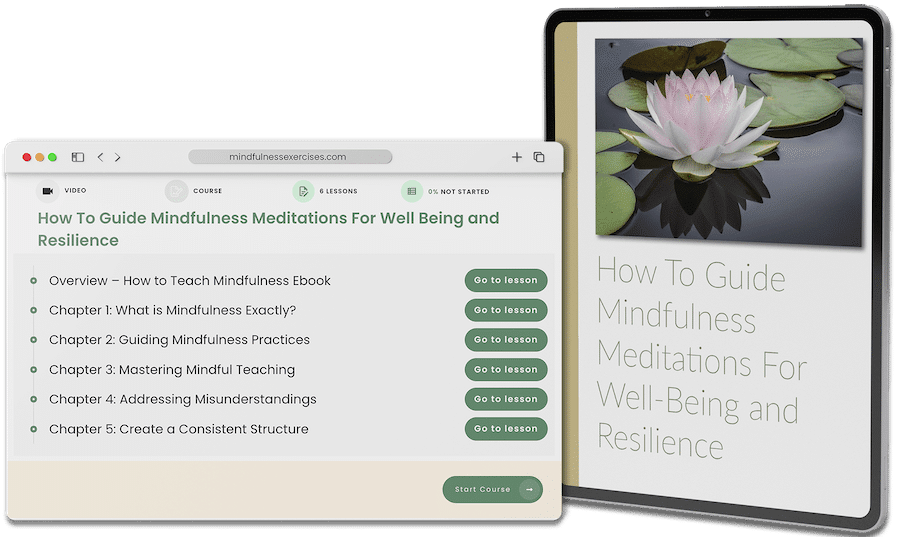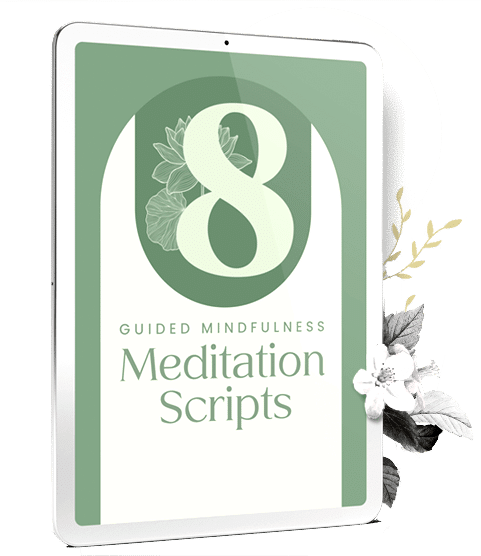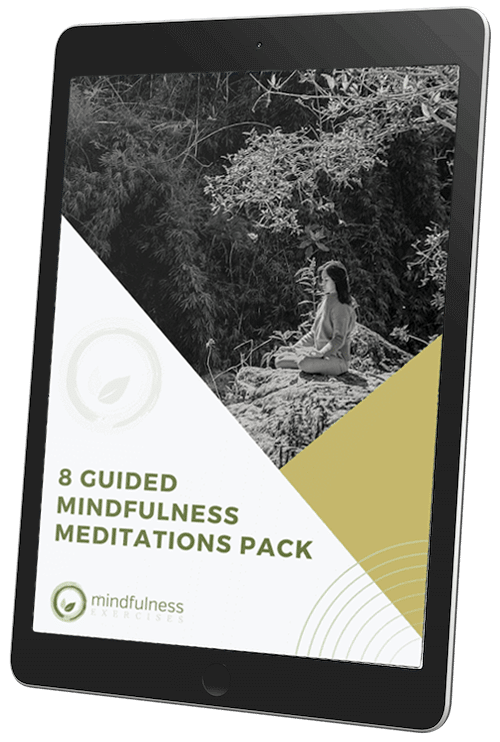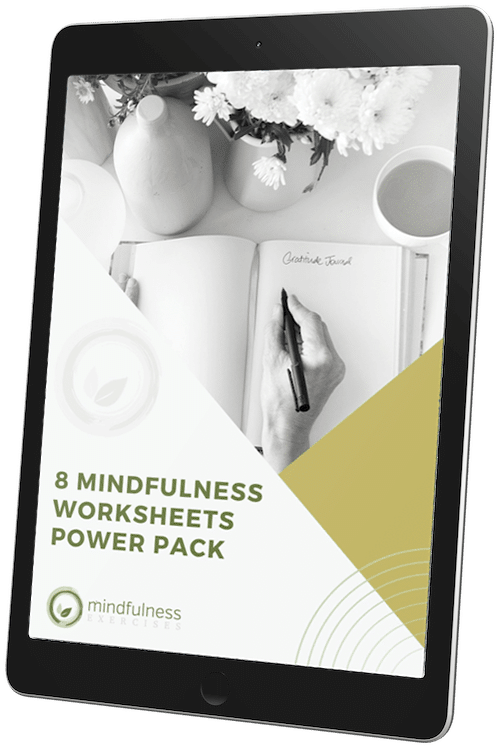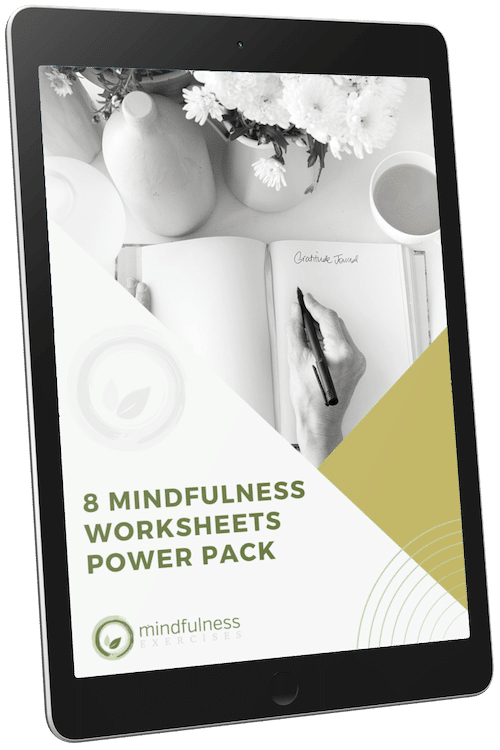The inability to sleep at night leads not only to daytime fatigue but contributes to poor mental and physical health. Anxiety, depression, heart disease, stroke, high blood pressure, kidney disease and diabetes are just some of the consequences of sleep deprivation. When we’re having trouble falling or staying asleep, meditation music for sleep can help.
Most of us are familiar with music’s ability to induce an energetic or emotional state. We like listening to high-energy tunes as we’re working out. We can’t help but tap our toes to particular rhythms, and we feel melancholic or even cry when we hear that one song. Parents will instinctually hum or sing to help calm their restless children and ease them into a sleep state. And as it turns out, soothing rhythms are beneficial for adults, too.
Music can help us drop into a state of relaxation, helping us to fall asleep sooner and sleep more soundly. As an accessible, inexpensive sleep aid with few side effects, sleep music is worth an exploration.

Best Sleep Music for Meditation
We’ve hand selected the best meditation music for sleep for more restful nights. Let these soothing and calming rhythmic frequencies help guide you into a deeper sleep. Put it on repeat or press play and then set your device to power down in 90 minutes. Research indicates the track you like the most is the one that will work best for you, even if you’re not familiar with it.
Music For Stress: Isochronic Tones For Deep Tranquil Sleep - Tranquil relaxing music with isochronic tones to soothe and ease away depression and also help with stress and anxiety.
Fall Asleep in Under 20 Minutes - This blissful & calming track can help to get many people off to sleep within 20 minutes. It features high-quality nature sounds including rain, and a gentle, English male guiding voice.
Solar Plexus Activation & Healing, Kundalini Sleep Music - A sleep meditation music for solar plexus activation. Combine with Kundalini sleep music to acquire self-empowerment, integrity and self-respect.
Peaceful Sleep Music - "Love" Peaceful Sleep Music, selected by Jason Stephenson, helps you relax and go to sleep. Use it during meditation or as background music.
Binaural Beats Sleep Meditation: Root Chakra Activation Music - A video with Binaural beats that reportedly influence the brain in more subtle ways through the entrainment of brainwaves and provide other health benefits such as control over pain.
Deep Relaxing Sleep Music: Go For Your Deepest Sleep - A 3-hour, non-stop video features hypnotizing deep relaxing sleep music that incorporates delta tones to help you sleep deeper, better and longer.
Deep Sleep Meditation Music for Insomnia - A collection of music videos that are perfect meditation music for Insomnia. Dive into deep sleep faster with a healing meditation for 7 Chakras.
432 Hz Frequency Music for Sleeping and Deep Relaxation - 9-hour-long video by Nu Meditation Music that is tuned at 432 Hz for Sleeping and Deep Relaxation. This music will help you to achieve lucid dreaming and deep sleep.
Deep Relaxing Aches & Pains Sleep Relief Music - This session slowly guides the brain down to a deep sleep state. This particular protocol seems to be especially useful to those suffering from chronic or persistent aches and pains.
Throat Singing for Sleeping and Deep Relaxation -Throat Singing Music Video for you to relax and enjoy in your daily meditation. Our goal is to enhance your experience of meditation, astral projection, lucid dreaming and deep sleep.
Relaxing Sleep Music - If you're struggling with insomnia or feeling tired, this selection of relaxing sleep music by Jason Stephenson might help you finally get some deep sleep.
Tranquil Meditation Sleep Music - Tranquil meditation sleep music soothes the nervous system and influences brain waves & it’s a science-backed method of mindfully improving sleep quality.
Tranquil Spirit - Spiritual, Sleep Music, Calming, Soft Music - 3 hours of calming, soft music to help soothe your mind and have a tranquil spirit. Listen to it as background music while you meditate, do yoga or relax.
Relaxing Sleep Music - Listen to this 3 hours of a soothing relaxing sleep music video by Peder B. Helland and let go of your daily worries to help you sleep.
Sleeping Music with Healing Waves and Harp Sounds - Designed to help with insomnia, pains and stress, our Sleeping Music with Healing Waves and Harp Sounds will effortlessly get you into a deep, sound sleep.
Open Third Eye Chakra: Sleep, Healing, Calm Sleep Meditation Music - Meditative music that also serves as a guide in opening the Third Eye Chakra, broadening intuition and giving a better ability to discern the truth.
Sleep Chakra Meditation Music - Let your worries and fears slip away as you balance and heal your heart by listening to this sleep chakra meditation music.
9 Hours Sleep Music - This nine-hour piece of relaxing music for sleep is a soft and restorative backdrop we might use to improve our slumber.
What is Meditation Sleep Music?
Human beings have always used rhythm, vibration and music to address their mental state. When we simply cannot find the calm we need for a good night’s rest, sleep meditation music can help. Research shows the human brain responds favorably to predictable, repetitive rhythms, especially when combined with melody and harmony. These slow and calming tunes evoke a feeling of familiarity and safety that triggers a sleep response.
Meditation sleep music creates a peaceful energetic atmosphere. Typically, this music is free from lyrics, strong emotions, or sudden changes in tempo or volume. Sleep music is often played at 60-80 beats per minute, mimicking the rhythm of a resting human heart rate. There are several types of sleeping music.
Does Meditation Sleep Music Help?
Meditation music for sleep has been shown to improve both sleep quantity and sleep quality. Falling asleep to music not only helps us fall asleep faster but can improve sleep’s restful and rejuvenating qualities, positively impacting daytime function. What’s more, sleep music takes effect near immediately and continues to improve sleep quality over time.
In 2017, a meta analysis of studies involving over 1,300 patients found that sleep music’s primary benefit was improving sleep quality. A secondary benefit was an improvement to sleep onset latency. A 2014 analysis of sleep studies involving those with acute and chronic sleep disorders found similar results. Music-assisted relaxation improves sleep quality.
Sleeping music seems to help a variety of populations. Older adults, college students and children can all benefit from falling asleep to music.
Benefits of Sleep Music Meditation
In trying to understand what makes sleep music work, researchers have proposed a few mechanisms of action. One group points out that listening to music for sleep supports a bedtime routine, induces mental and physical relaxation, and helps block out both internal and external distractions. These theories are well supported by research.
In addition, researchers hypothesize that meditation sleep music may help synchronize biological rhythms. Perhaps it benefits us because sleep music is enjoyable, or we have cultural expectations or beliefs that it works. These theories have mixed levels of evidence-based support.
Here’s what we do know about deep sleep meditation music:
Reduces Stress Hormones
Anecdotally, most of us would agree that music has the power to reduce stress. We can dance off our stress or let it go through music-enhanced relaxation. It’s possible that some types of music help modulate stress by reducing neurochemical processes. Not only can music downregulate cortisol, but it upregulates serotonin and oxytocin.
Balances the Nervous System
Soothing sleep music is related to slower breathing, lower heart rates, reduced blood pressure and increased heart rate variability. Listening to music seems to improve autonomic tone, which is necessary for healthy nervous system balance. It seems the more often we listen to music, the more responsive our nervous system becomes, allowing us to shift quickly from arousal to relaxation.
Reduced Worry and Rumination
When worrying, anxious or repetitive thinking keeps us awake at night, music might serve as a healthy distraction. The word mantra can be translated as ‘mind protection.’ Ancient meditators found that repeating these sacred syllables out loud helped keep distracting thoughts and emotions at bay. Sleep meditation music can work in the same way, offering us reprieve from internal distractions that would otherwise keep us from sleep.
Improves Sleep Environment
Meditation music can also distract us from external disruptors of sleep. Environmental noise is a growing problem in cities worldwide. The World Health Organization classifies disruption of sleep as its most significant consequence. Sleep music can help drown out this noise, allowing for a better night’s rest.
Helps Minimize Physical Pain
Music has a statistically significant effect on reducing both acute and chronic pain. Researchers are still trying to assess why, but we do know music has cognitive, neurobiological and emotional effects on our bodies. For those with pain that keeps them up at night, music may help induce sleep.
A Risk-Free Sleep Aid
Music is a risk-free sleep aid. It’s relatively inexpensive, if not free, and easily accessible. Falling asleep to music requires no training or practice. Just choose what you’d like to listen to, set your volume and press play. For all of the above reasons, meditation music for sleep is recommended in clinical settings, and there’s no reason not to try it at home.














